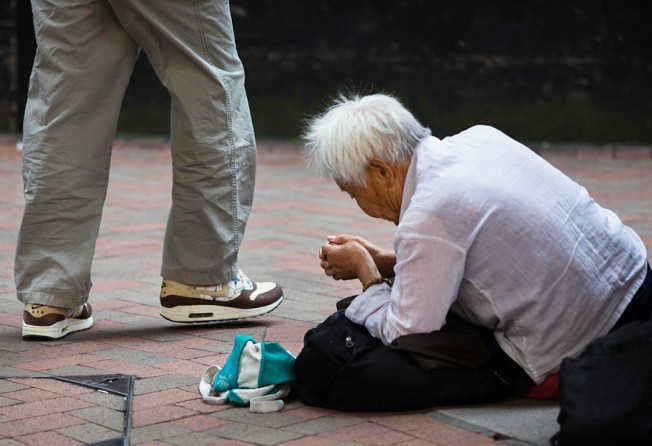This critique of capitalism hits the nail on the head
Economist's tome has much to tell us about the failings of Hong Kong's economy

There are books that you read and there are books that hit the nail on the head so hard that you want to get your teeth into them. Thomas Piketty's Capital in the Twenty-First Century, which according to The Economist, could "change the way we think about the past two centuries of economic history", clearly belongs to the second category. It has not changed the way I think about Hong Kong - on the contrary, it confirms what I have always thought about the city - but it helps me articulate my feelings about what has gone so seriously wrong with it.
The most shocking fact that readers are made aware of is that today's most advanced economies, led by the United States, Britain and France, have not only regressed to 19th-century levels of income inequality, they have also found a way back to patrimonial capitalism in which the economy is both driven and dominated by family dynasties and inherited wealth instead of individuals' talents and merits.
Unlike Milton Friedman's bestselling Free to Choose, Capital in the Twenty-First Century makes no mention of the case of Hong Kong. But it can be read as a social critique of the city as well as an exposition of how its economy has gone astray in the last 20 to 30 years.
As property prices have skyrocketed to absurd levels, Hongkongers' incomes have been redistributed away from labour and towards holders of capital. Rises in capital's share of income - whether in the form of corporate profits, dividends, rents or sales of property - in turn directly increase inequality because ownership of capital is always much more unequally distributed than labour income. And as the rate of return on capital greatly exceeds the rate of economic growth, society tends inexorably towards dominance by inherited wealth. This is exactly what Hong Kong has become - increasingly unequal as well as patrimonial.
Income from capital has always played a key role in capitalism and its role has grown even larger in recent years. This helps explain why inequality is rising so fast in so many economies, including Hong Kong. Is there anything that can be done? Capital in the Twenty-First Century makes it abundantly clear that even if the underlying economic conditions point towards overwhelming inequality, public policy can make a critical difference. Piketty believes that what really matters is the after-tax return on capital. That is why progressive taxation - in particular taxation of wealth and inheritance - can make a real dent in inequality.
He could be wrong. But let us start a debate on whether a wealth tax would reduce incentives to invest and innovate, or whether it would be punitive enough to restrain the growing power of inherited wealth and act as a powerful force limiting inequality. A more basic question, however, is whether the Hong Kong government has the political will to consider it. Our legislators can't seem to agree on taxing rubbish disposal - how could we expect them to agree on taxing the capital of our richest and most powerful residents?
Perry Lam is a local cultural critic